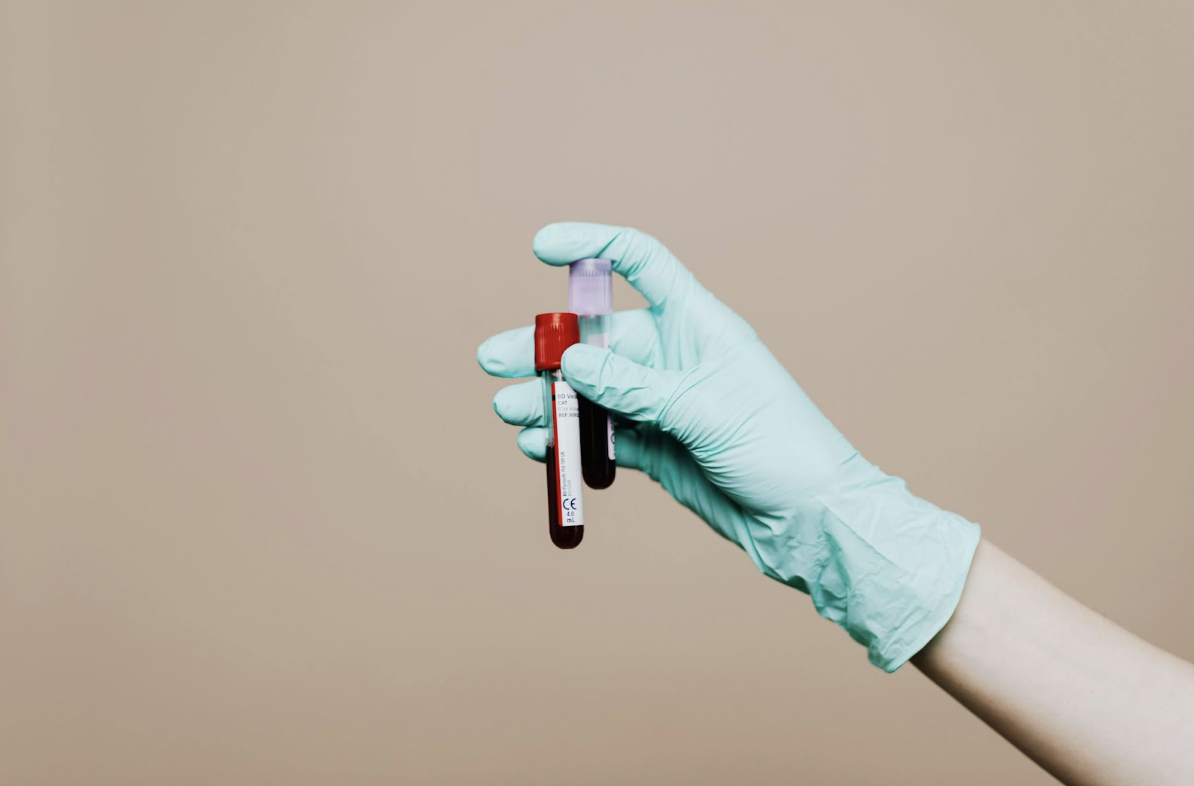
Women's Health in Focus: Key Preventive Screenings



Regular screenings are a key component of a long-term healthy lifestyle. They make it possible to detect or even prevent illnesses early on. Over the course of life, women are recommended to undergo various preventive checkups – starting with gynecological screenings and extending to cardiovascular, metabolic, and vaccination status checks.
Gynecological Preventive Screenings
Regular exams help detect changes early and protect women's health over the long term. The most important benefits are listed below by age group:
From Age 20
- Annual cervical cancer screening (Pap smear)
- Annual chlamydia testing until the age of 25 (recommended once per year)
From Age 30
- Additional annual breast palpation exam
From Age 35
- Combined cervical cancer screening with Pap smear and HPV test every three years (if results are normal)
From Age 50
- Mammogram screening for early breast cancer detection every two years (between ages 50 and 69)
Additional Gynecological Screenings at a Glance
Beyond standard checkups, there are other screenings that may be medically appropriate in certain cases. For example, a breast ultrasound may be a valuable complement to palpation or mammography, particularly for women with dense breast tissue or a family history of breast cancer. A vaginal ultrasound can also provide useful insights for evaluating the uterus, uterine lining, and ovaries – especially when certain symptoms or risk factors are present.
In addition, vaccination against human papillomavirus (HPV) is a central part of cervical cancer prevention. The Standing Committee on Vaccination (STIKO) recommends it for all girls and boys between the ages of 9 and 14. It can also be given later up to the age of 26 – ideally before first sexual contact. The vaccine protects against the most cancer-causing HPV strains, which are responsible for around 70% of cervical cancer cases.

Additional Medical Screenings for Women
Cardiovascular System
- Blood lipids (cholesterol): from age 35, every 3 years (as part of the general health check-up)
- Resting ECG: in case of abnormalities or as an individual preventive measure
Metabolism and Diabetes
- Blood glucose (fasting): from age 35, every 3 years
- HbA1c (long-term blood sugar): recommended if risk factors or overweight are present
- Body weight, BMI, and waist circumference: for estimating metabolic risk
Vaccination Status
An up-to-date vaccination record is an important part of preventive healthcare [4]:
- Tetanus & Diphtheria: booster every 10 years
- Pertussis (Whooping Cough): one-time booster in adulthood if the last vaccination was more than 10 years ago; recommended for close contacts of newborns (e.g., parents, grandparents), even after a previous booster in adulthood
- Measles: one-time vaccination for those born after 1970 with unknown vaccination status or only vaccinated in childhood
- TBE (Tick-borne Encephalitis): basic immunization and booster depending on risk area (e.g., high risk in southern Germany, moderate in central Germany, lower in the north)
- Influenza: annual flu vaccination, recommended for those aged 60+ or with chronic illnesses
- COVID-19: primary immunization (three antigen contacts) and annual boosters for risk groups
- Pneumococci & Herpes Zoster: recommended from age 60, earlier if there are pre-existing conditions
A structured preventive care concept helps women stay healthy throughout every life stage and detect risks early. In addition to gynecological screenings, tests related to cardiovascular health, metabolism, and vaccination status are vital. Regular check-ups can prevent many illnesses or enable effective treatment at an early stage — an investment in long-term quality of life.
References
- Leitlinienprogramm Onkologie. (2017). Prävention des Zervixkarzinoms. https://www.leitlinienprogramm-onkologie.de/leitlinien/zervixkarzinom-praevention
- Leitlinienprogramm Onkologie. (2020). S3 - Leitlinie Prävention des Zervixkarzinoms. https://register.awmf.org/assets/guidelines/015-027OLl_Praevention_Zervixkarzinom_2020-03-verlaengert.pdf
- Onko Internetportal. (2022). Gynäkologische Krebsfrüherkennung. https://www.krebsgesellschaft.de/onko-internetportal/basis-informationen-krebs/vorsorge-und-frueherkennung/gynaekologische-krebsfrueherkennung.html
- Ständige Impfkommission(STIKO). (2024). Impfkalender 2025. https://www.rki.de/DE/Themen/Infektionskrankheiten/Impfen/Staendige-Impfkommission/Empfehlungen-der-STIKO/Empfehlungen/Impfkalender.html
Latest articles

Why Social Connections Are an Underrated Health Factor
Social relationships are essential to our health. This article explores, backed by scientific findings, the positive effects of friendships on mental health, the cardiovascular system, the immune system, and life expectancy.


Women's Health in Focus: Key Preventive Screenings
Regular preventive care is essential for women’s health. This article outlines key screenings – from gynecological exams to cardiovascular and metabolic checks. Early detection helps enable targeted prevention.

%20(1).jpg)
Holistically Healthy: Long-Term Care with Your Primary Care Physician
In an increasingly specialized healthcare world, ongoing care by primary care physicians is becoming ever more important. This article explains the benefits of long-term care and how the GP-Centered Care Program (HzV) structurally strengthens it.








